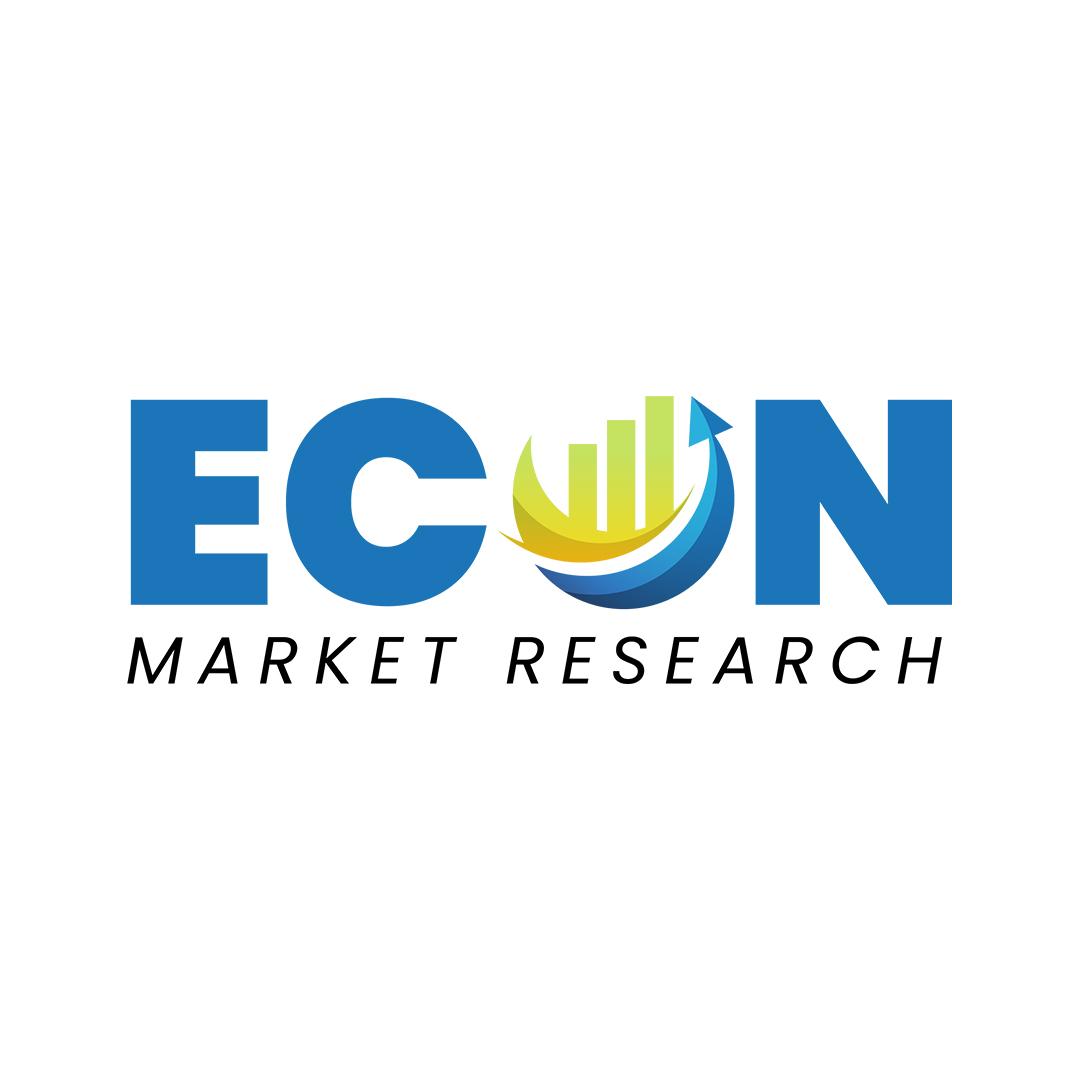The Rise of Islamic Finance: Navigating the Future of Ethical Investing
In recent years, the Islamic finance market has seen exponential growth, establishing itself as a significant player in the global financial ecosystem. As the demand for ethical and Sharia-compliant financial products rises, Islamic finance is increasingly being recognized as an alternative to conventional banking. But what exactly is Islamic finance, and why is it gaining so much attention? Let’s take a closer look at its principles, growth trajectory, and the potential it holds for investors around the world.
What is Islamic Finance?
Islamic finance refers to financial services that are aligned with the principles of Islamic law, or Sharia. The core idea of Islamic finance is to ensure that financial transactions are ethical, transparent, and free from activities that are deemed harmful or unjust. This includes prohibitions against:
- Riba (Interest): The charging of interest on loans is prohibited. Instead, profit is generated through equity participation, where both the lender and borrower share in the profits or losses of a venture.
- Gharar (Uncertainty): Contracts with excessive uncertainty or ambiguity are forbidden. All terms and conditions must be clearly defined to avoid exploitation.
- Maysir (Gambling): Investments in businesses related to gambling, alcohol, and other haram (forbidden) activities are not allowed.
Instead of interest-based lending, Islamic finance employs alternative models such as Mudarabah (profit-sharing), Musharakah (joint venture), and Ijara (leasing), which are designed to create fairer and more equitable financial relationships.
The Global Growth of Islamic Finance
The Islamic finance market has experienced impressive growth over the last few decades, with assets growing from a mere $200 billion in 2003 to over $3 trillion in 2023. This growth is driven by several factors:
- Rising Demand for Ethical Investments: As people become more socially conscious, there is a growing desire for investments that adhere to ethical and moral guidelines. Islamic finance not only prohibits interest but also ensures that investments are in line with socially responsible values, attracting a wider pool of investors.
- Increasing Muslim Population: With a global Muslim population of over 1.9 billion people, Islamic finance naturally appeals to those seeking financial products that align with their religious beliefs. Many countries with predominantly Muslim populations have made significant strides in developing Islamic financial markets, such as Saudi Arabia, Malaysia, and the UAE.
Request Sample @https://www.econmarketresearch.com/request-sample/EMR001058/
Key Components of Islamic Finance
To better understand Islamic finance, it’s important to explore the key products and structures that make up the market.
- Sukuk (Islamic Bonds): Sukuk are certificates that represent ownership in a tangible asset, usufruct, or investment. Unlike conventional bonds, which pay interest, Sukuk offer returns based on the performance of an underlying asset, such as real estate or infrastructure. Investors in Sukuk share in the profits or losses of the asset, making it a more equitable form of financing.
- Islamic Banks and Financial Institutions: These banks offer a range of services that comply with Islamic law. They provide products like savings accounts, loans, and investments, all of which are structured to avoid interest. Instead of offering loans at fixed interest rates, Islamic banks use profit-sharing agreements or rent-based structures.
Challenges in the Islamic Finance Market
Despite its growth, Islamic finance faces several challenges:
- Lack of Standardization: The lack of a single, globally recognized standard for Islamic finance can lead to inconsistencies in how products and services are structured. Different interpretations of Sharia law across countries can create confusion for international investors.
- Limited Access to Capital Markets: Although Islamic finance is growing rapidly, the market is still relatively underdeveloped compared to traditional finance. There is a need for greater access to capital markets, as well as more sophisticated financial products that cater to institutional investors.
Phone Number: +1 812 506 4440
Email: sales@econmarketresearch.com



